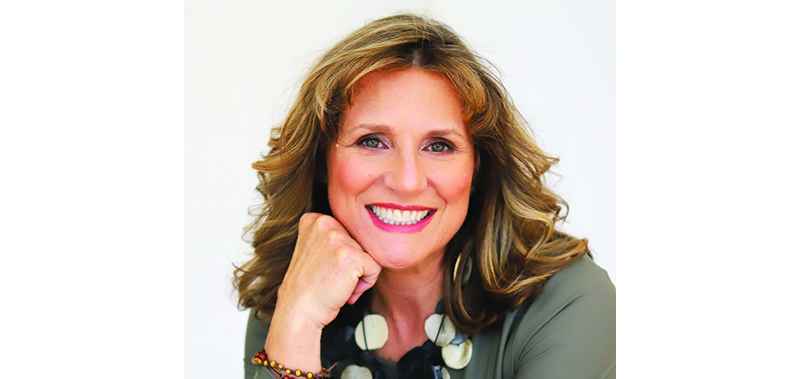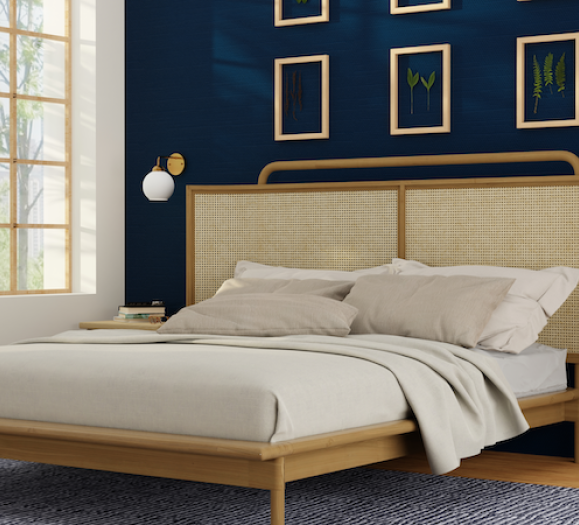One of the most important conversations you will have with a prospective client takes place within the first 15 minutes. Having a practiced outline to follow is the first step to uncovering possible roadblocks to a successful collaboration. Interviewing a prospective client is a lot like speed dating. You only have a few moments to decide if you will be a good fit, which will lead to a successful professional collaboration between designer and client. From the initial “discovery call” you should be carefully listening to the questions the client asks you as well as how the client responds to your questions.
Always remember this informal interview will give you important insights into the personality of your prospective client. If a nagging voice in the back of your mind starts raising red flags, take note. Listen to your gut. If something feels like it won’t be a good fit, better to discover that early.
Regardless of the type of project — from a color consult to a whole home or a kitchen renovation — navigating this initial call will reveal valuable information for you to determine if this will be a successful relationship.
Questions for assessing clients for your interior design business
Question 1: Tell me about your project. This is the most basic yet most important question to ask. When you say “tell me about your project,” you will be able to determine if the scope of work and budget is in alignment with the services you provide. When speaking with your prospective client, you should succinctly explain what services you provide, your design process, what value you bring to the project and what type of investment working with your firm will require. Generally, you will know by their response if you might be a good fit.
Question 2: How did you find my firm? This will give you background on how they found you. Did they see my work in a magazine? Do they follow me on social media? Are they familiar with my work? If they were referred by a client, then that would mean they are familiar with what it’s like to work with you and your firm. Referrals are generally a great way to meet a new client.
Did they conduct an internet search and find me that way? If so, next question is, “Have you reviewed my portfolio, read my client’s testimonials and my ‘how we work’ page?” This will provide insight as to how much they know about you and your work.
Question 3: What is the scope of work and your timeline? Consider the scope of work and if you can accommodate that project. If the client is looking for a service you do not provide, don’t be afraid to let them know right up front politely and honestly. You don’t want to take on a project if you feel it will not be a profitable and enjoyable experience.
Next Steps
Next, look at the timeline. Let’s say the client is looking for a kitchen and dining room renovation. You know the materials you provide are custom and will take time to produce. You explain that the cabinets and furnishings will take 20 weeks to fabricate and deliver and the design process will take four weeks. If the client is looking for a faster timeline than you can provide, this might not be a good fit. However, if during the conversation they decide they really can work with the lead times, you can further explore how you can help them with the project. Being forthright during the interview process avoids problems down the road. Question 4: What are you willing to invest in your project? Unquestionably, this is one of the most important factors when interviewing a prospective client. Often, the consumer does not understand what working with a professional designer is all about.
The internet is full of information about discounted products and free design offerings. They may not have any idea of what their project will cost if they choose to work with you. I use my portfolio to help a client understand what investment is needed to complete a project and the value I bring beyond the material costs.
This is not always an easy conversation. People can get defensive when it comes to money matters. If you know that their budget is not in line with the work you do, the end result might not be what either of you are looking for. If you do not like to turn work away, perhaps you can develop design service packages that would be just perfect for that client.
Honesty Is the Best Policy
This may sound like a long process, but it just takes some preparation and practice. I have honed these interviews down to a 15- to 20-minute discovery call. Just like in construction where a building needs a strong foundation, so does your relationship with a client. If you lay the proper groundwork during your initial meeting, your collaborations will be much stronger, and your projects will be more successful and rewarding for everyone involved.

About Sharon L. Sherman, ASID, CID, CKD
Sharon is owner and founder of Thyme & Place Design in Wyckoff, NJ. She is a multi-awarding designer and Past President of the American Society of Interior Designers – New Jersey Chapter. Sharon is a current member of the editorial board of KBB Magazine and an Innovator of the Year Award recipient from Kitchen & Bath Design News.
Her editorial comments and designs have been featured in Forbes, The New York Times, The WSJ, Design Milk, Bergen Magazine, Design NJ, NJ Home Magazine as well as several books. She has been a speaker at The International Surfaces Event, Kitchen and Bath Industry Show and has appeared on HGTV’s My Big Amazing Renovation and House Smarts. Learn more about Sherman’s coaching program: https://thymeandplacedesign.com/business-coaching-for-designers/







